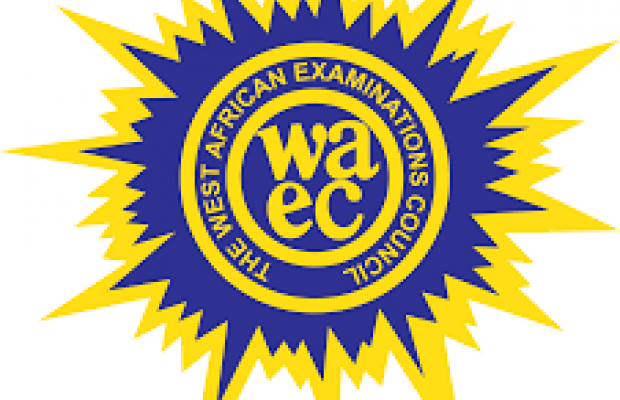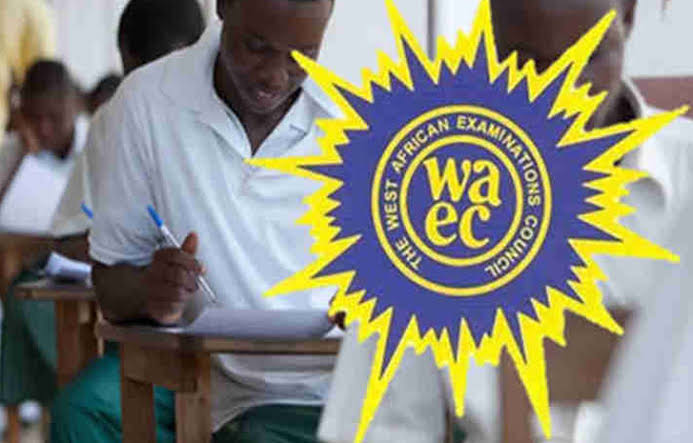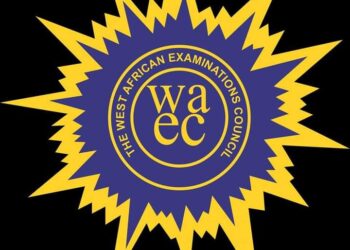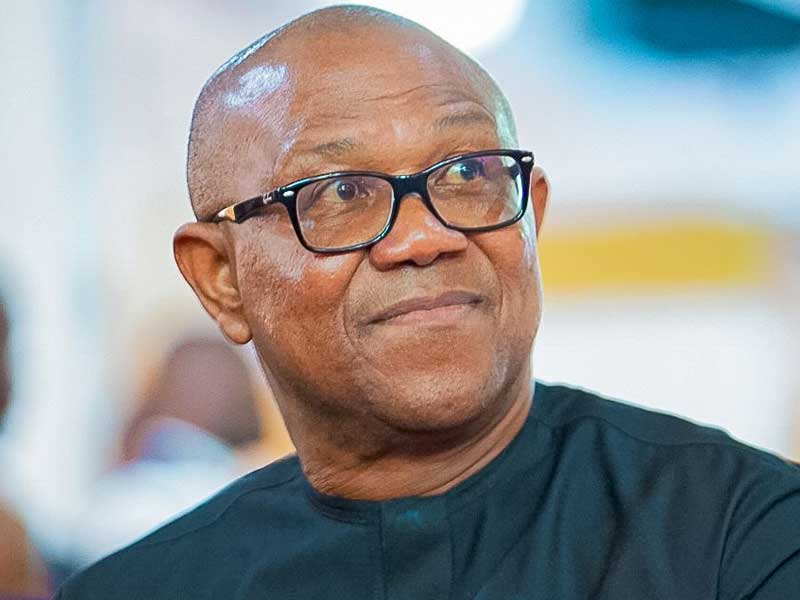The West African Examinations Council (WAEC) has released the results of the 2024 West African Senior School Certificate Examination (WASSCE) for private candidates, second series.
A total of 2,577 candidates had their results withheld due to allegations of examination malpractice. This was disclosed in a statement on Sunday by WAEC’s Acting Public Affairs Officer, Mrs Moyosola Adesina.
According to Adesina, 65,023 candidates sat for the examination in Nigeria between Oct. 25 and Dec. 20, 2024 at various centres across the country.
She revealed that 34,878 candidates, representing 53.64 per cent, obtained credit and above in at least five subjects, including English Language and Mathematics.
Candidates have been advised to check their results at www.waecdirect.org before accessing digital copies of their certificates at www.waec.org.
Those whose results were withheld should visit the WAEC Notice of Examination Malpractice Portal (https://waecinternational.org/complaints) to respond to allegations against them.
“Reported cases will be investigated, including evidence gathered and candidates’ representations submitted. Findings will be reviewed by the Council’s relevant Committee for a final decision.
“The Committee’s decisions will be communicated directly to the affected candidates,” Adesina stated.
She noted that 16,886 (48.41 per cent) of the successful candidates were male, while 17,992 (51.58 per cent) were female.
According to her, in the 2022 and 2023 second series, 42.16 per cent and 44.29 per cent of candidates, respectively, obtained credit and above in at least five subjects, including English and Mathematics.
“This year’s result reflects a 9.35 per cent increase in performance in that category. However, the data cannot be directly compared to WASSCE for school candidates.
“School candidates must sit for eight or nine subjects, whereas private candidates have the flexibility to register for as many or as few subjects as they need.
“Out of all candidates who sat the exam, 62,354 (95.90 per cent) had their results fully processed and released.
“Meanwhile, 2,669 candidates (4.10 per cent) have some subjects still being processed due to errors attributed to them.
“Efforts are ongoing to complete processing and ensure the affected candidates receive their results as soon as possible,” Adesina said.
She noted that statistical analysis shows that 43,923 candidates (67.55 per cent) obtained credit and above in at least five subjects, regardless of English Language or Mathematics.
NAN reports that examiners marked candidates’ scripts at five centres in Lagos, Ibadan, Benin, Enugu, and Kaduna between Jan. 15 and Feb. 4.
Also, a total of 3,327 examiners participated in the coordination and marking exercise.
“For the first time, the 2024 second series of WASSCE for private candidates was conducted in two modes, aligning with best practices and WAEC’s pursuit of excellence,” Adesina noted.
She said candidates had the option to sit for the examination using either the traditional paper-and-pen format or a computer-based hybrid mode, depending on their choice during registration.





